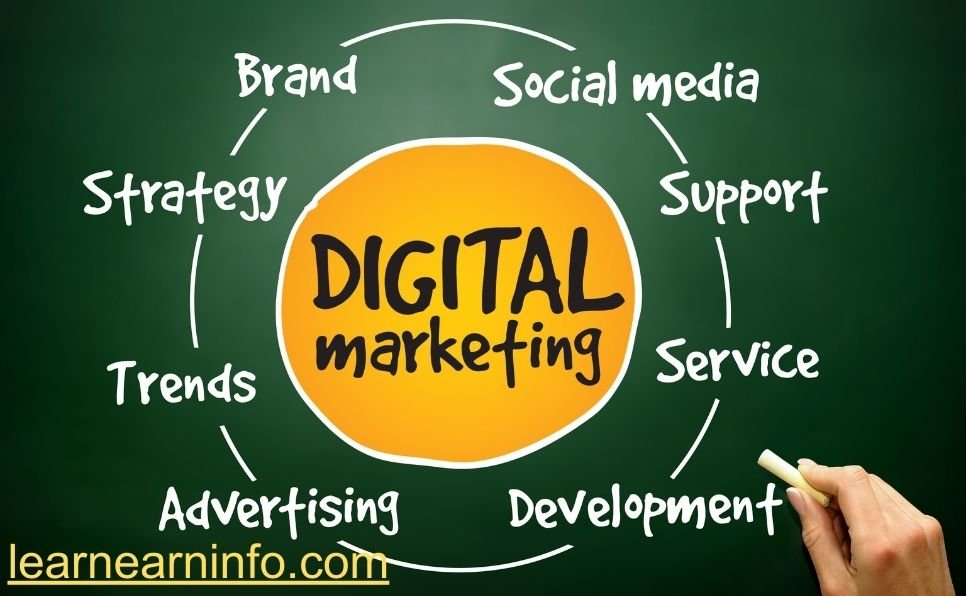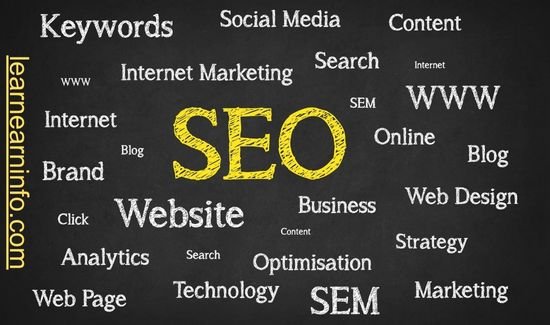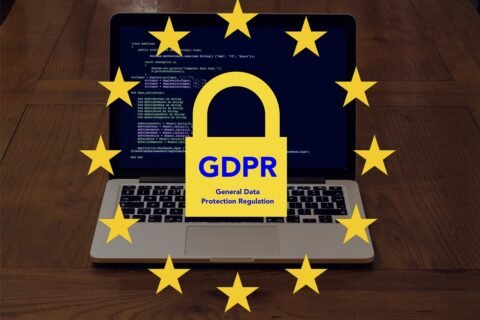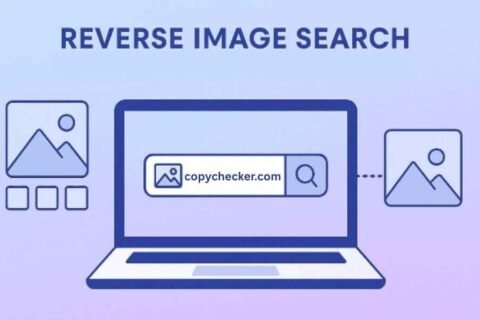Table of Contents
- Introduction
- Why Digital Marketing is Crucial for Branding
- Top Digital Marketing Tactics
– Content Marketing
– Social Media Marketing
– Search Engine Optimization (SEO)
– Email Marketing
– Pay-Per-Click Advertising (PPC)
- Measuring the Success of Your Digital Marketing
- Conclusion
- FAQs
Introduction
In the digital age, having a strong online presence is vital for any brand looking to succeed. **Boost your brand with digital marketing tactics** that are designed to increase visibility, engage customers, and drive sales. This article will explore key strategies and techniques to help you leverage digital marketing effectively.
The Significance of Digital Marketing to Branding
Digital marketing allows brands to reach a vast audience with precision and efficiency. Digital marketing, in contrast to traditional marketing techniques, offers quantifiable outcomes and the freedom to modify plans in real time. By utilizing digital marketing, small businesses can compete with larger companies, building a robust online presence and fostering customer loyalty.
Top Digital Marketing Tactics
Content Marketing
**Content marketing** is producing and disseminating worthwhile material to draw in and interact with your target audience. This can include movies, blog posts, infographics, and more. High-quality content helps establish your brand as an authority in your industry, driving traffic and boosting SEO.
Key Points:
– **Create Engaging Content:** Ensure your content is informative, engaging, and relevant to your audience.
– **Consistency is Key:** Regularly update your blog and social media platforms with fresh content to keep your audience engaged.
– **Use Visuals:** Incorporate images, videos, and infographics to make your content more appealing and easier to digest.
Social Media Marketing
**Social media marketing** connects you with your audience, promotes your brand, and increases website traffic by utilizing social media sites like Facebook, Instagram, Twitter, and LinkedIn.
Key Points:
– **Select the Correct Platforms:** Pay particular attention to the social media channels where your intended audience is most engaged.
– **Engage with Your Audience:** Respond to comments, participate in discussions, and use polls and questions to interact with your followers.
– **Post Frequently:** To keep your audience interested and informed, stick to a regular posting schedule.
Search Engine Optimization (SEO)
**SEO** involves optimizing your website and content to rank higher in search engine results, making it easier for potential customers to find you online.
Key Points:
– **Keyword Research:** Use tools like Google Keyword Planner to find relevant keywords and incorporate them into your content.
– **On-Page SEO:** Optimize your website’s titles, meta descriptions, headers, and content for better search engine visibility.
– **Link Building:** To raise the authority and rating of your website, obtain backlinks of the highest caliber from reliable websites.
Email Marketing
**Email marketing**is an effective strategy for keeping up connections with your clients and nurturing leads. It entails informing your subscribers about your goods, services, and promotions by sending them customized emails.
Key Points:
– **Build a Quality Email List:** Use sign-up forms on your website and social media to collect email addresses from interested visitors.
– **Personalize Your Emails:** For increased engagement, customize your emails to the preferences and requirements of your subscribers.
– **Analyze Performance:** Track metrics like open rates, click-through rates, and conversions to measure the success of your email campaigns.
Pay-Per-Click Advertising (PPC)
**PPC advertising** permits you to place advertisements on search engines and other websites, only having to pay for clicks on your adverts. This can improve conversion rates and bring in targeted visitors to your website.
Key Points:
– **Target the Right Audience:** Use demographic and interest targeting to reach potential customers who are likely to be interested in your products or services.
– **Optimize Your Ads:** Write compelling ad copy and use high-quality images to attract clicks and conversions.
– **Monitor and Adjust:** Regularly review your ad performance and make adjustments to improve results and ROI.
Determining Your Digital Marketing’s Success
To ensure your digital marketing efforts are effective, it’s crucial to measure their success. Track important data like website traffic, engagement rates, and conversion rates with the help of tools like Email marketing reports, social media insights, and Google Analytics. You can find out what’s working and where you can make improvements by analyzing this data.
Conclusion
Utilize the power of social media, email marketing, SEO, content marketing, and PPC advertising to **boost your brand with digital marketing tactics**. By implementing these strategies, you can increase your brand’s visibility, engage with your audience, and drive business growth. To stay ahead of the competition, don’t forget to track your progress and make any adjustments to your strategy.
FAQs
Q:- What is digital marketing?
A:- Digital marketing is the practice of advertising goods and services via online platforms like websites, email, social media, and search engines.
Q:- How can digital marketing help small businesses?
A:- Small businesses can reach a larger audience, engage with customers more effectively, and compete with larger companies by using digital marketing strategies.
Q:- What are some effective digital marketing tactics?
A:- Effective tactics include content marketing, social media marketing, SEO, email marketing, and PPC advertising.
Q:- How do you measure digital marketing success?
A:- Use tools like Google Analytics and social media insights to track metrics such as website traffic, engagement rates, and conversion rates.
Q:- Why is SEO important for digital marketing?
A:- SEO makes it easier for potential clients to find your business online by increasing the visibility of your website in search engine results.













































